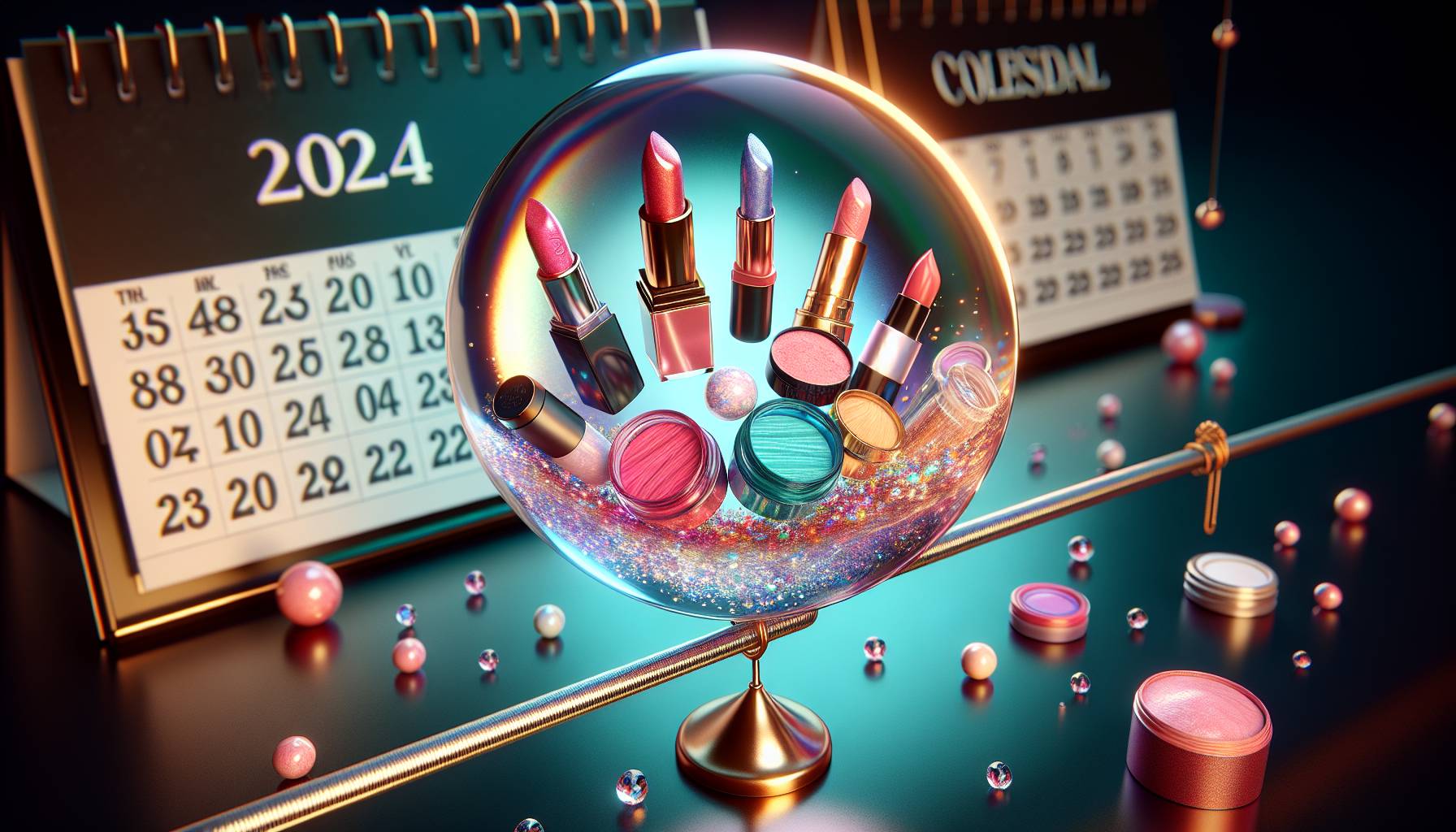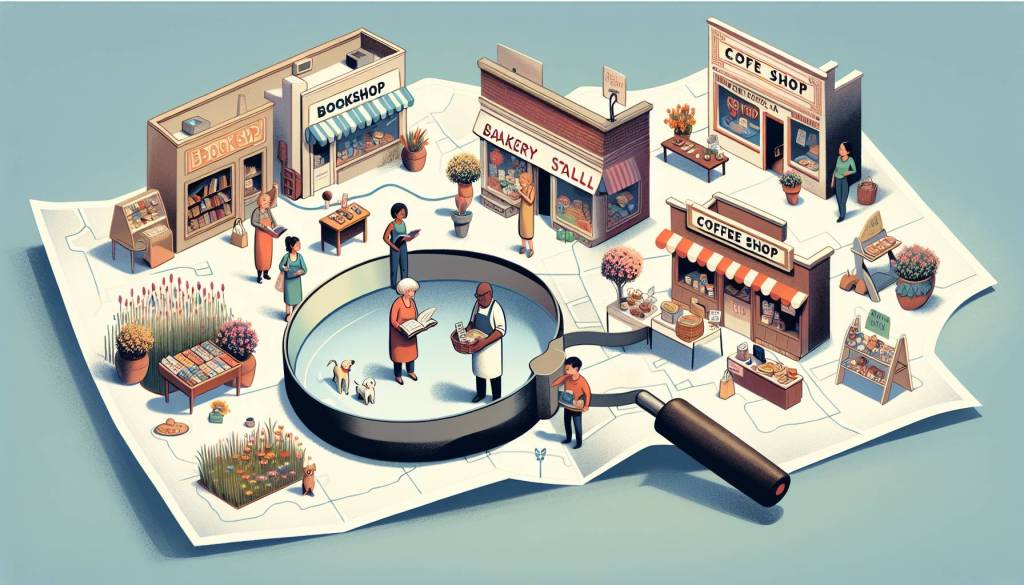The future of the top cosmetics brand for 2024 remains murky due to tight competition and the rising popularity of celebrity-branded products. Factors like managed spending by Chinese consumers and competition from celebrity lines add to the uncertainty.
Despite these factors, analysts anticipate that luxury brands with sustainable and innovative products might come out on top. In line with this, increased consumer awareness of ethical manufacturing and natural products provides a potential boost to cruelty-free cosmetics brands.
Celebrity-brands like Kylie Cosmetics and Fenty Beauty by Rihanna are garnering attention for their quality and personal touch creating a ‘celebrity effect’ and driving customer interest. But with shopping habits shifting online due to the pandemic, brands excelling in e-commerce & digital marketing could also gain an edge.
Identifying the top cosmetics brand requires studying trends, market situations, and consumer preferences – certainly challenging due to the industry’s volatile nature. However, brands leveraging strategies such as price hikes, risk diversification, and outstanding marketing are seen as the winners no matter the turbulence.
Brand Finance, an independent consultancy, recently published its list of the top 50 most valuable cosmetic brands which provides useful insights into the industry’s state, including those who have maintained their influence despite the flux.
Uncertainty looms for 2024’s leading cosmetics brand
However, it’s not just about the big names. Emerging brands with innovative and disruptive tactics are also making their mark on the list.
Prominent competitors in the market include major brands such as L’Oreal, Estée Lauder Companies, Beiersdorf, and Colgate Palmolive. Emerging players creating ripples include Unilever and Natura Cosmeticos SA, thanks to their unique value propositions and deep market understanding.
Moreover, other players tapping into organic, cruelty-free, and eco-friendly practices are striking a chord with consumers who prioritize sustainability in their purchase decisions.
Notably, Estée Lauder bounced back in sales after a slower second quarter, and Beiersdorf’s sunscreen brands have recorded strong performances. In contrast, Coty’s strategic acquisition deals have led the company to become the third-largest beauty company globally.
Information about these brands and industry trends are being spread across multiple channels, shaping consumer opinions and purchase decisions. These platforms allow brands to communicate their values and vision while promoting healthy competition and continuous growth in the industry.
Finally, a focus on aspects like production processes, materials used, price comparison, and sustainability practices are giving consumers a comprehensive understanding of the products, promoting responsible consumption and ensuring customer awareness of the changing dynamics of the industry.













